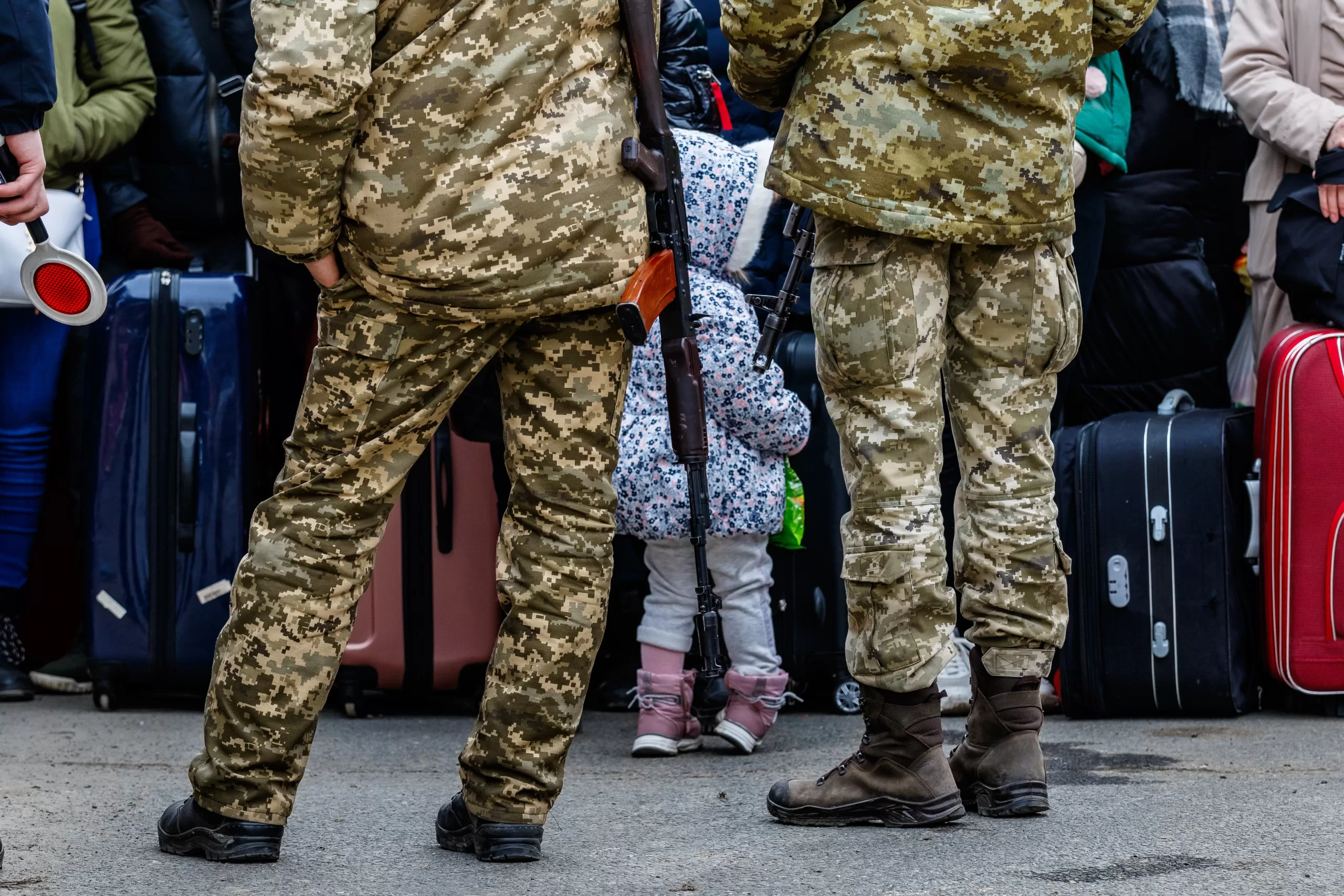New research tracing the Houthi movement’s transformation from a local insurgency into a complex network with global reach.
Read moreNew research tracing the Houthi movement’s transformation from a local insurgency into a complex network with global reach.
Read moreREGIONS
REGIONS
REGIONS
Research on borderlands, how conflicts connect across borders, and the drivers of violent and peaceful behaviour.
The Cross-Border Conflict Evidence, Policy and Trends (XCEPT) research programme brings together world-leading experts to examine conflict-affected borderlands, how conflicts connect across borders, and the drivers of violent and peaceful behaviour.
Funded by UK International Development, XCEPT offers actionable research to inform policies and programmes that support peace.

PARTNERS